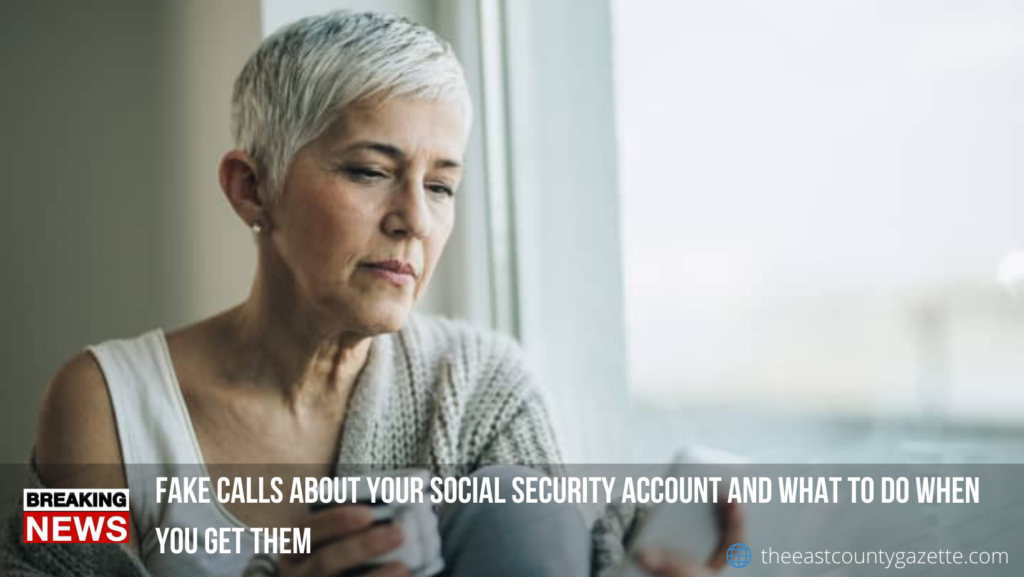You’ve probably received a phone call claiming your Social Security number or account has been compromised.
Social Security numbers are the skeleton key to identity theft. And what better way to get someone’s Social Security number than by pretending to be from Social Security?
It’s a lesson criminals have learned well. Social Security scams are the most common form of government impostor scam, in which crooks pose as government officials to get you to send money or give up personal and financial data for use in identity theft.
Social Security’s Office of the Inspector General (OIG) received more than 718,000 complaints about scams in the 12 months ending September 30, 2020, a 50 percent increase from the same period a year before. Reported losses from those cases approached $45 million.
Recommended Read: Scam Alert: Bank of America, Zelle Users Scammed for $7K
According to the Social Security website, here are the things that you need to be aware of to avoid such scams:
Social Security may call you in some situations, but will never:
- Threaten you.
- Suspend your Social Security number.
- Demand immediate payment from you.
- Require payment by cash, gift card, prepaid debit card, internet currency, or wire transfer.
- Ask for gift card numbers over the phone or to wire or mail cash.
Do not fall for these:
- A caller saying there is a problem with your Social Security number or account.
- Any call asking you to pay a fine or debt with retail gift cards, wire transfers, prepaid debit cards, internet currency, or by mailing cash.
- Scammers pretending they’re from Social Security or another government agency. Caller ID or documents sent by email may look official but they are not.
Recommended Read: IRS Scams: How to Stay Protected Online?
How to Protect Yourself and Your Family?
- If you receive a questionable call, hang up, and report the call to our Office of the Inspector General.
- Don’t return unknown calls.
- Ask someone you trust for advice before making any large purchase or financial decision.
- Don’t be embarrassed to report if you shared personal financial information or suffered a financial loss.
- Learn more at oig.ssa.gov/scam.
- Share this information with friends and family.

